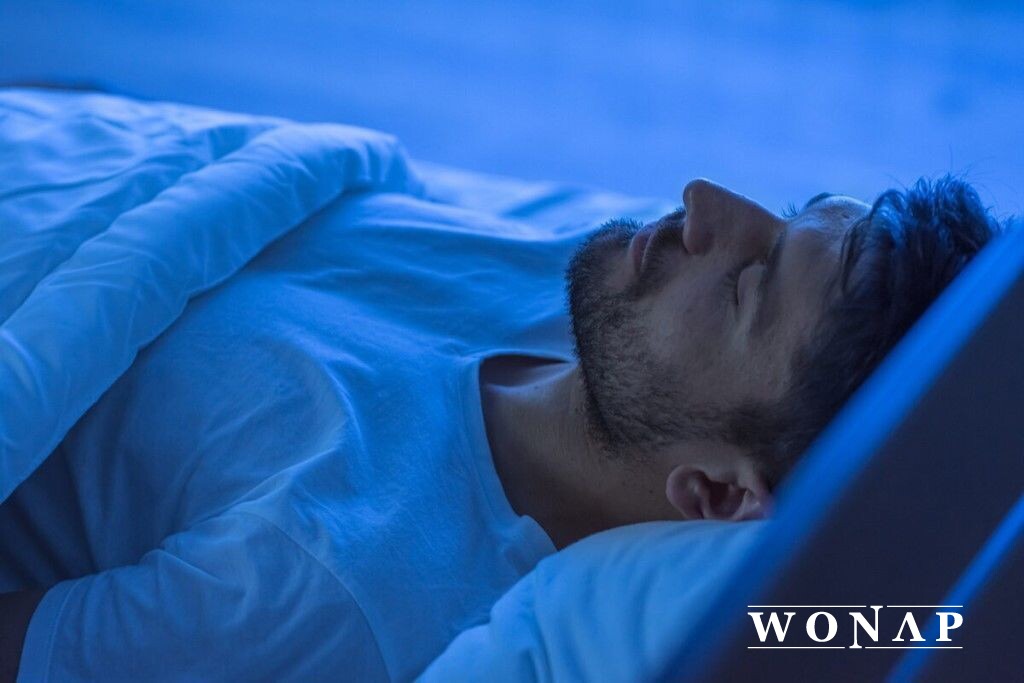How Much Does Getting Enough Sleep Affect the Immune System?
As we all know, and mostly learned from the covid pandemic period, a strong immune system is the key for a good health and a good life. Numerous clinical studies and medical experiments have been undertaken during the last few decades to explore the relation between immunity and sleep. As research into sleep and physical health has progressed, it has become apparent that sleep and the immune system are inextricably linked.
Lack of Sleep Can Make You Sick, Do You Know?
The immune system is a key for overall health. It is critical for wound healing, infection prevention, and protection against chronic and life-threatening diseases and infections. Sleeping habits and the immune system are intimately connected. An immune response, such as that triggered by a viral infection, may disrupt sleep. Daily sleep improves the immune system, allowing for healthy and efficient immune function continuously.
Sleep deficiency, but on the other hand, will destabilize the immune system. Poor sleep will make you feel sick in both the short and long term, according to researchers.
How Does the Immune System Functions?
The immune system is a complex cycle that runs across the body and provides several lines of inflammation and other diseases. These defenses are classified into two categories: innate immunity and adaptive immunity. Innate immunity is a large form of defense with several layers. Adaptive immunity, also known as acquired immunity, applies to protections that you build over time and tailor to particular threats.
How Does Sleep Positively or Negatively Affect You Immunity?
Sleeping & resting is crucial for immune system support. Getting enough high-quality sleep allows for a well-balanced immune protection with good innate and adaptive immune system, an effective response to vaccinations, and less extreme allergic reactions.
Some immune system components are activated during nighttime sleep, according to research. There is an improvement in the production of cytokines associated with inflammation, for example. This movement tends to be regulated by both sleep and the body's 24-hour circadian rhythm.
Can Sleep Deprivation be Dangerous?
Sleep deficiency has a wide range of health hazards, and growing research suggests that it can weaken the immune system and make it possible to get infected easily.
Insufficient sleep has been linked to both short-term illnesses and the risk of chronic disorders such as diabetes and heart conditions. Researchers are gradually certain that this is due to how sleep loss interferes with the immune system's natural functioning.
In the short term, people who sleep fewer than six to seven hours a night are at a greater risk of infection. Sleep deprivation has been linked to an increased risk of catching the common cold or the flu, according to research. Furthermore, patients in intensive care units who have urgent recovery needs may be hindered by a lack of sleep.
How Can You Improve Your Sleep and Support the Immune System?
Strengthening your sleep also begins by examining your patterns, behaviors, and sleeping environment. This is known as sleep hygiene, and even simple precautions like keeping a regular sleep routine and not using mobile phones and tablets in bed will help you get a good night's sleep.
People who have chronic or serious sleeping disorders, as well as concerns with recurring diseases, should see a doctor. A doctor will consult with you to determine the root condition and the right way to treat it.



Leave a comment: